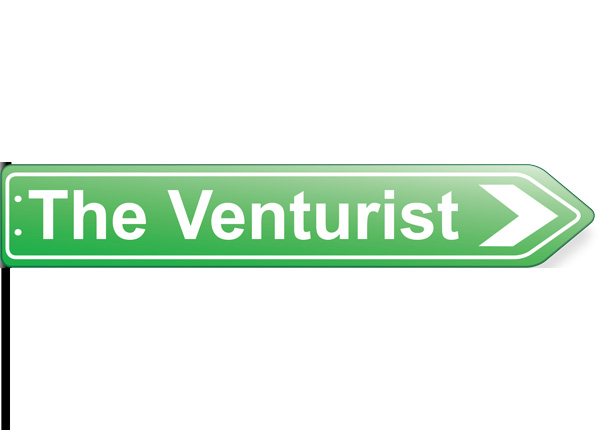
Offbeat 28 November 2014
 To my mind, the consensus of a high number of voters is far better than low single-digit majorities.
To my mind, the consensus of a high number of voters is far better than low single-digit majorities.
A social system is very much like a hive mind. People share the same thoughts, behaviour and beliefs, mostly. If you don’t understand what a hive mind is, grab a Star Trek movie that features the Borg, and a bowl of popcorn. The sharing of thoughts and beliefs and behaviour is useful because people don’t have to come to their own conclusions or develop their own ethics and consequent behaviour.
On the other hand, because most people don’t want to think much, and become functions of the hive mind, adaptation becomes difficult because nobody wants to stick their neck out when change is needed. From this it is easy to deduce that the hive mind can only be successful if there is room for individual thought to influence the hive mind.
Individualism is sometimes difficult: on the one hand the hive mind succeeds because of the equilibrium of the status quo and, on the other hand, it has to deal with the disruption of the individual idea. Sometimes the disruption is embraced, by assigning a role to innovative, individual thinkers. Sometimes it is dealt with by declaring the thought heretical and making every effort to destroy the thinker to put brakes on the thought.
In this column, I will go for some heresy, but also try to be a bit kind towards the concept of the hive mind.
Welcome to election time. My personal heresy is the fact that I don’t vote.
In western thought, the concept of an election is tenuous. Add your mark to a paper or an electronic device and hope that it adds significantly to the tally. By adding to the tally, you state your economic choices based on who represents them or is willing to represent them, or who makes the most convincing promises.
My experience of democracy in Namibia is that this is not how it works. The voter choice tends to be homogenous. The ‘economic choice’ prior to Independence was dictated by a minority that imposed their version of homogeneity. Post-Independence, I believe that there is still a homogeneity, albeit based on discussion and consensus of a far larger part of the population.
Read that last sentence again and two key concepts emerge: discussion and consensus. Namibia has the democracy of discussion and consensus. That is the key democratic concept. What may appear to some eyes to be a skewed poll is actually a rubber stamp for the consensus that emerges from discussion.
The idea of discussion is incredibly important to me, a sign of value. I see it almost every day: between people, in the form of SMS, on Facebook, and I believe it is also a feature of the Namibian Twitter-stream.
What’s the alternative? Probably the western way, where fifty percent of everyone assigns fifty-something percent to their party, so that the consensus is narrowly split. To my mind, the consensus of a high number of voters is far better than low single-digit majorities.
At this point, you may be asking, where does the change take place, if not for trading of seats with opposition parties? What has become clear is that the change is taking place within the ruling party. The most notable change is the shift to Geingob as the next president, and the break from the perception that presidential power should vest with a person of Aawambo descent. This acknowledges the primacy of the party spanning all Namibian cultures.
There is greater cognisance given to youth. There is lively debate on what constitutes the greater good and how resources should be allocated. Assent and dissent appear to be lively.
In other words, democracy in the form of discussion and consensus is thriving, but within one party, not between parties.
At this point, it is also worth noting that discussion is not exclusive to any party in particular. If you can make a reasonable point, someone is bound to hear it. What is worth saying is that if you don’t discuss matters, nobody will hear your ideas.
No doubt some will find this controversial, if not heresy, but that’s the beauty of our democracy. It gives me the right to say what I think.












































